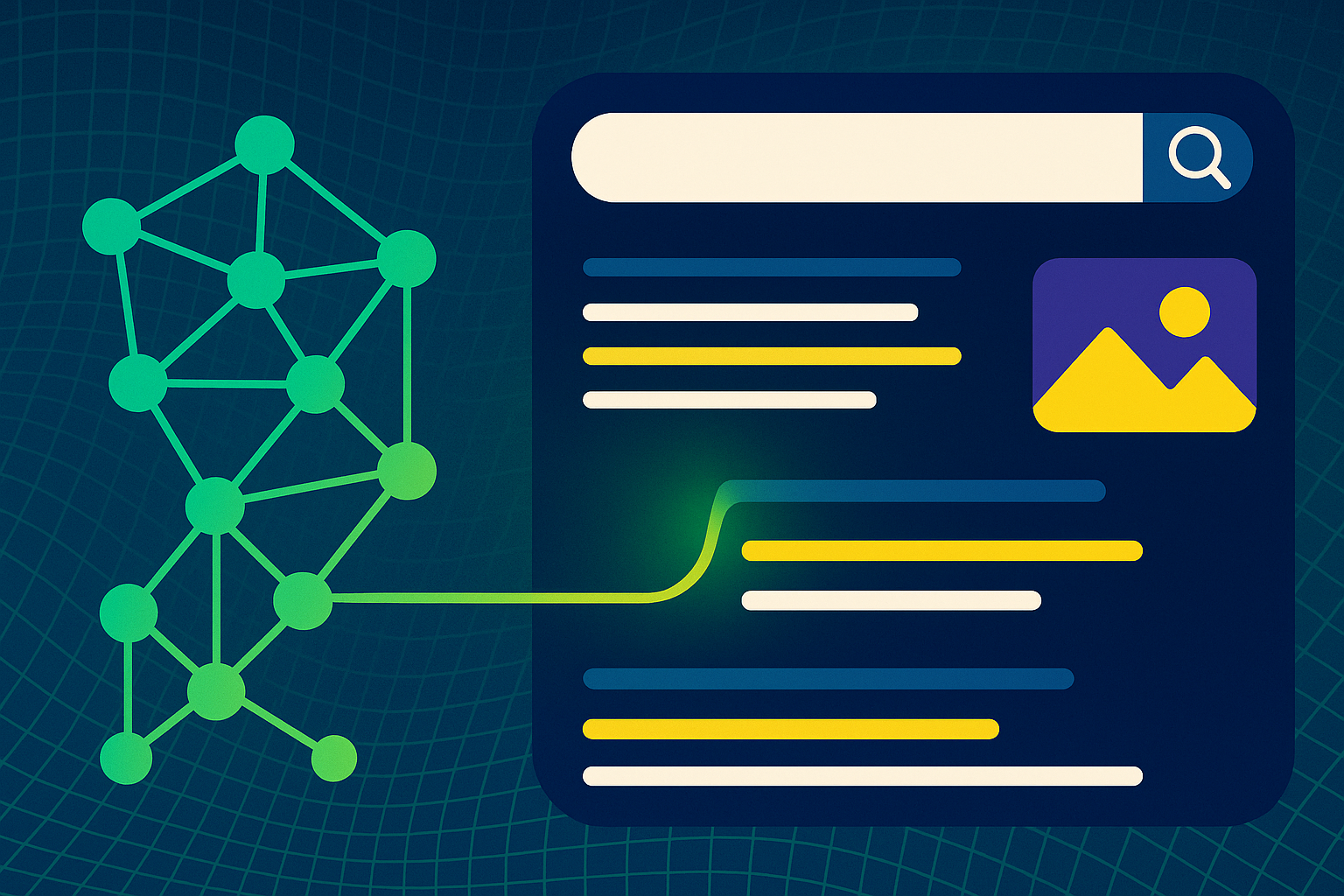At the recent Search Central Live conference, Google search specialists Gary Illyes and Cherry Sireetorn Prommawin laid out how AI is influencing Google Search and why it doesn’t overturn the basic rules of SEO.
Their comments, shared by longtime Google product expert Kenichi Suzuki on LinkedIn, made it clear that new AI features like AI Overviews and AI Mode are built on the same infrastructure as traditional Google Search.
According to Illyes and Prommawin, core systems like Googlebot, the search index, and ranking algorithms still drive AI-powered results. The same SEO principles apply, according to Illyes and Prommawin—there’s no need to rethink your approach or create a separate “AI SEO” strategy. As long as sites follow Google’s established quality guidelines, nothing changes.
Illyes also emphasized that Google doesn’t try to distinguish between human- and AI-generated content. What matters is whether the content is high-quality, useful, and trustworthy. If AI-generated material meets those standards, it’s fine.
AI is involved at every stage of Google Search
Illyes and Prommawin explained that AI models are now involved in every part of the search process. During crawling, AI helps decide when websites should be retrieved. For indexing, the BERT language model analyzes text to understand meaning and filter out pages Google considers low-value.
SpamBrain is used to catch spam, while RankBrain interprets new and unusual search queries, helping deliver relevant results even for questions Google hasn’t seen before. The Multitask Unified Model (MUM) brings together information from different formats, including text, images, and video.
AI Overviews work a bit differently at the end of the search process. Here, Google breaks down the user’s query into focused sub-queries (“query fan-out”), sending them in parallel to explore different angles. The summary generated is then checked against the index in a “grounding” process designed to fact-check the output and reduce hallucinations.
SEO’s technical rules stay the same, but its influence is shrinking
Nevertheless, a recent Pew Research Center study challenges Google’s claim that SEO will remain just as important. When an AI summary appears in search, the click-through rate for regular results drops to 8 percent, down from 15 percent without an AI Overview. Only 1 percent of users click directly on a source link inside the overview.
Other studies show the same trend: the technical details of SEO haven’t changed, but its real-world impact is shrinking as users rely more on AI-generated answers and visit fewer external sites. For publishers, retailers, and content creators, this means declining reach and visibility—not because SEO rules have changed, but because the traditional web is becoming less central.
Even if you could influence chatbots to link to your site, the steep drop in click-through rates makes the payoff questionable.














